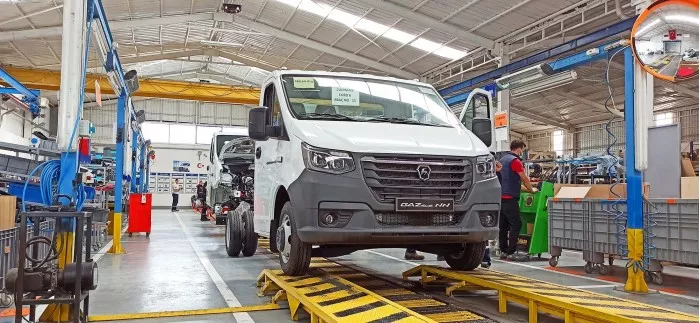On May 18, it is reported that the shortage of electronic components and severe Western sanctions have brought Russia's automobile industry back to the late 1980s. Russian officials now allow local car manufacturers to ignore emission standards and can no longer equip their vehicles with important safety kits such as airbags, esp, ABS and even seat belt pretensioners. The relaxation of these production standards will continue until February 1, 2023**
It is reported that before the conflict between Russia and Ukraine, Russia only allowed the circulation of vehicles with emissions of Euro 5 and above. However, with Bosch and other companies suspending the delivery of engine management system and other components, emission level adjustment has become extremely difficult.
Moscow mayor Sergei sobyanin previously said that the government would re produce the passenger cars of Moskvich brand in the era of the former Soviet Union.
"We will use the euro 0 standard, just like in World War II, with gasoline vehicles, that is, firewood." Because petroleum fuels are used in the army, civilians have to use wood gasifiers.
In addition, for consumers, the safety performance of new cars lacking ESP, ABS, safety bags and seat belt pretensioners is greatly reduced under the current vehicle speed and road standards, and some consumers may choose to postpone the purchase of new cars or used cars.
According to the data released by the European Business Association AEB, the automobile sales in Russia in April 2022 was 32706, a year-on-year drop of 78.5%, which was lower than the sales in April (38922) when the global COVID-19 was the most serious in 2020. From January to April, the sales volume was 293846, a year-on-year decrease of 43%.
